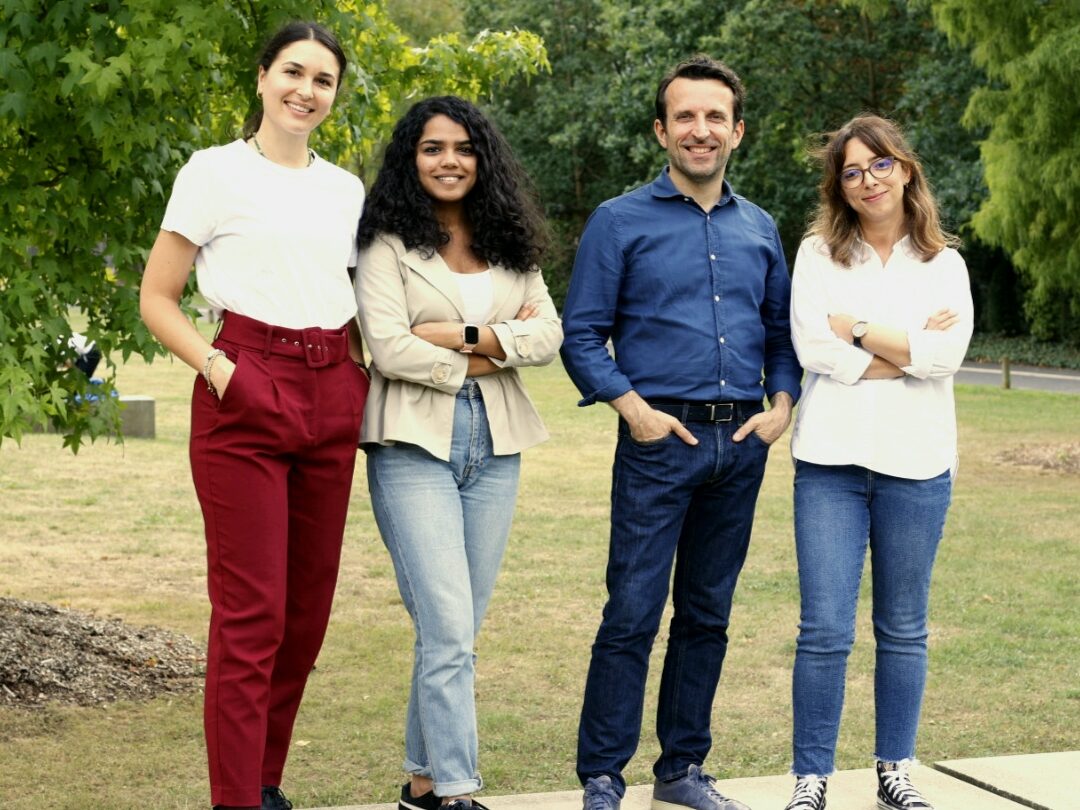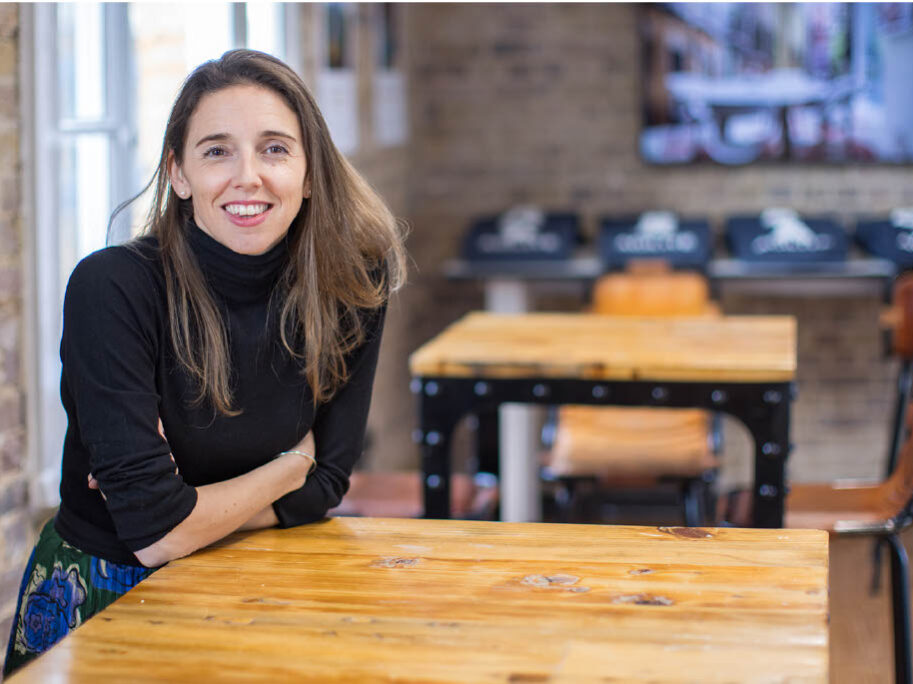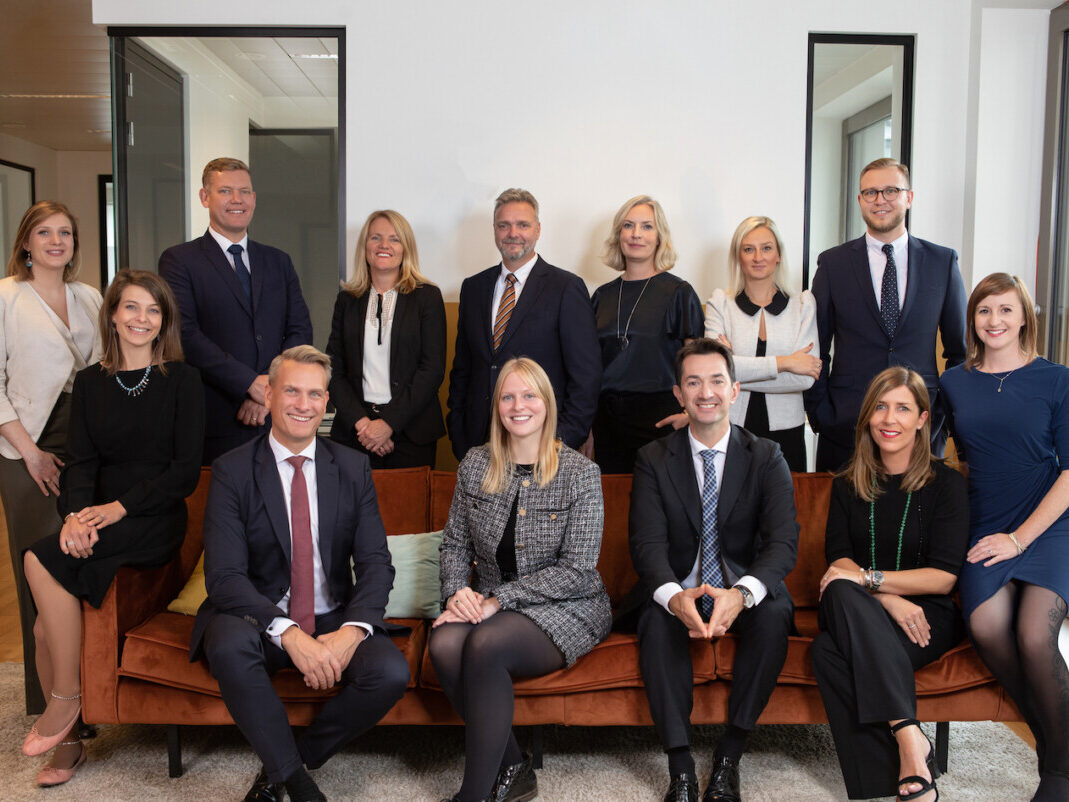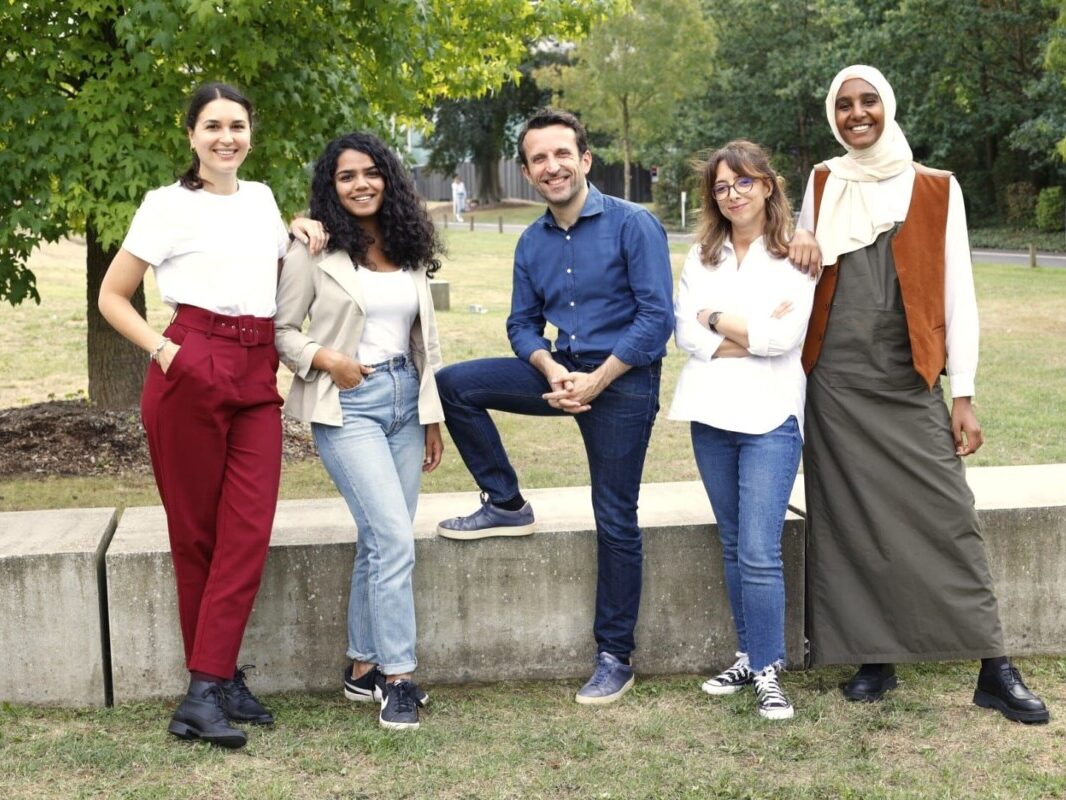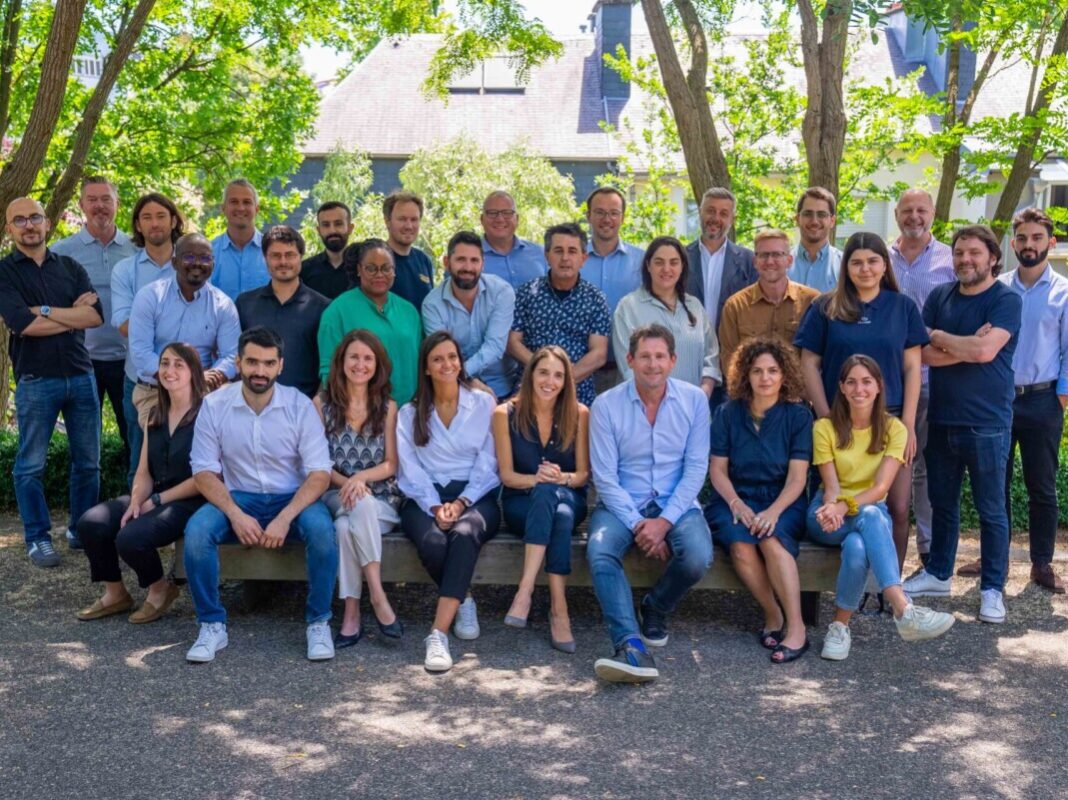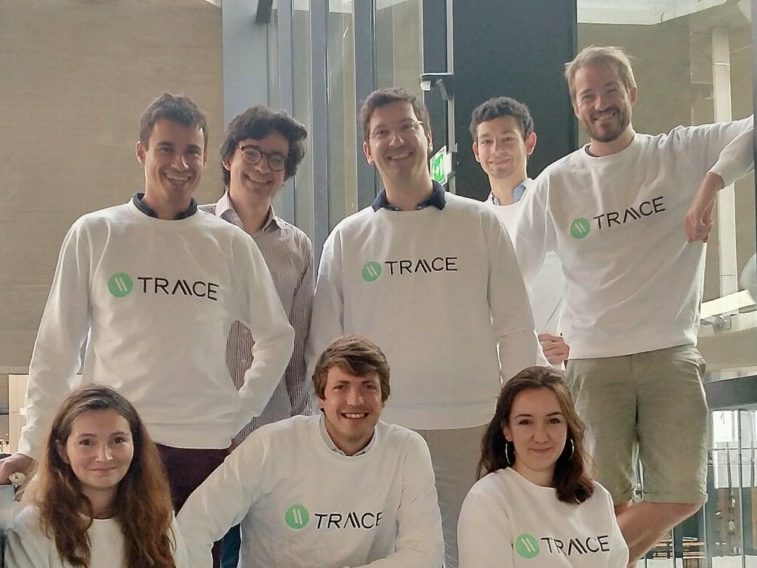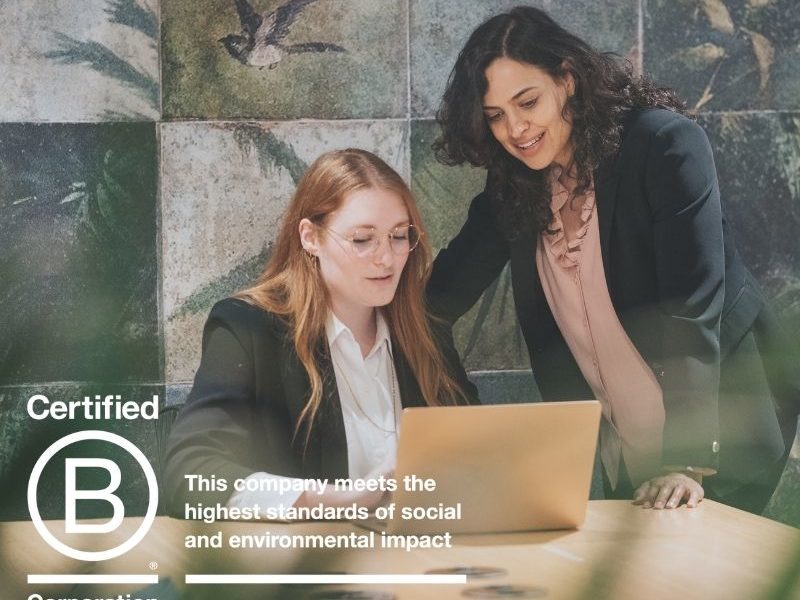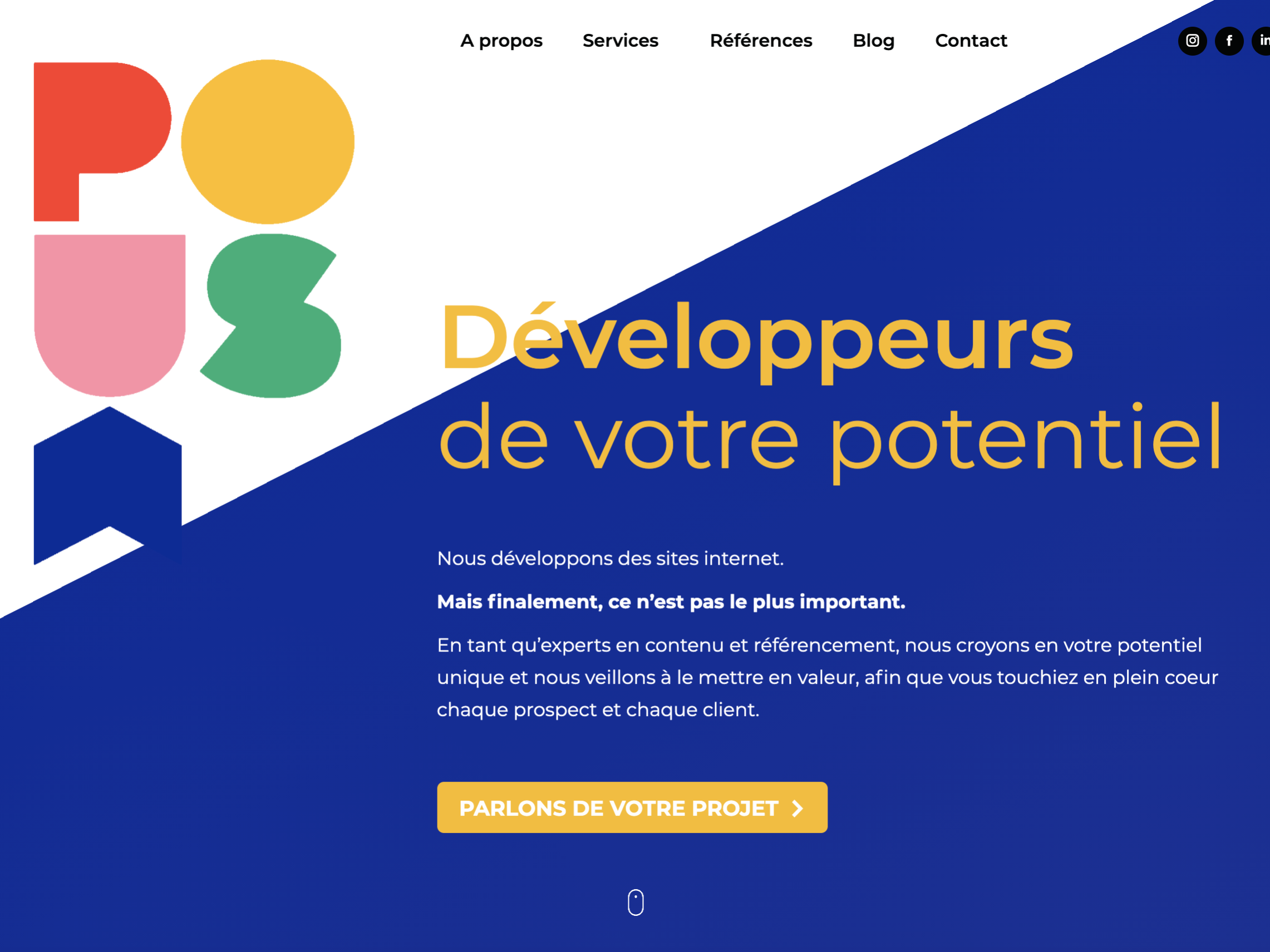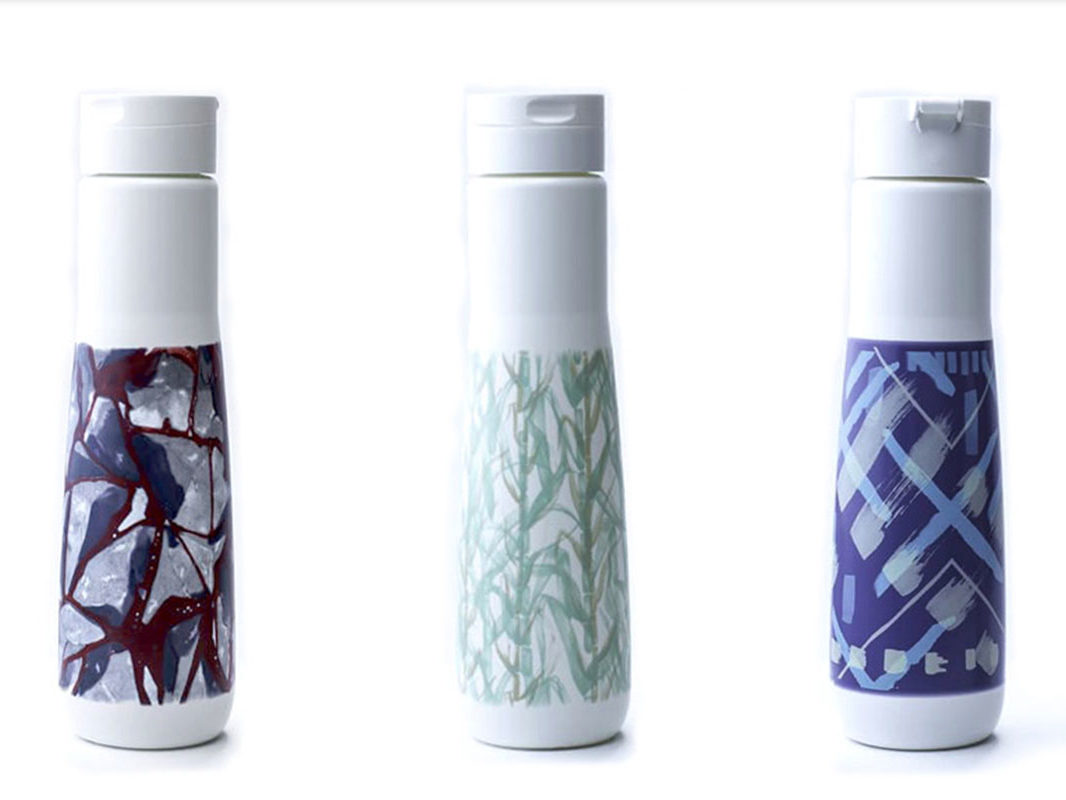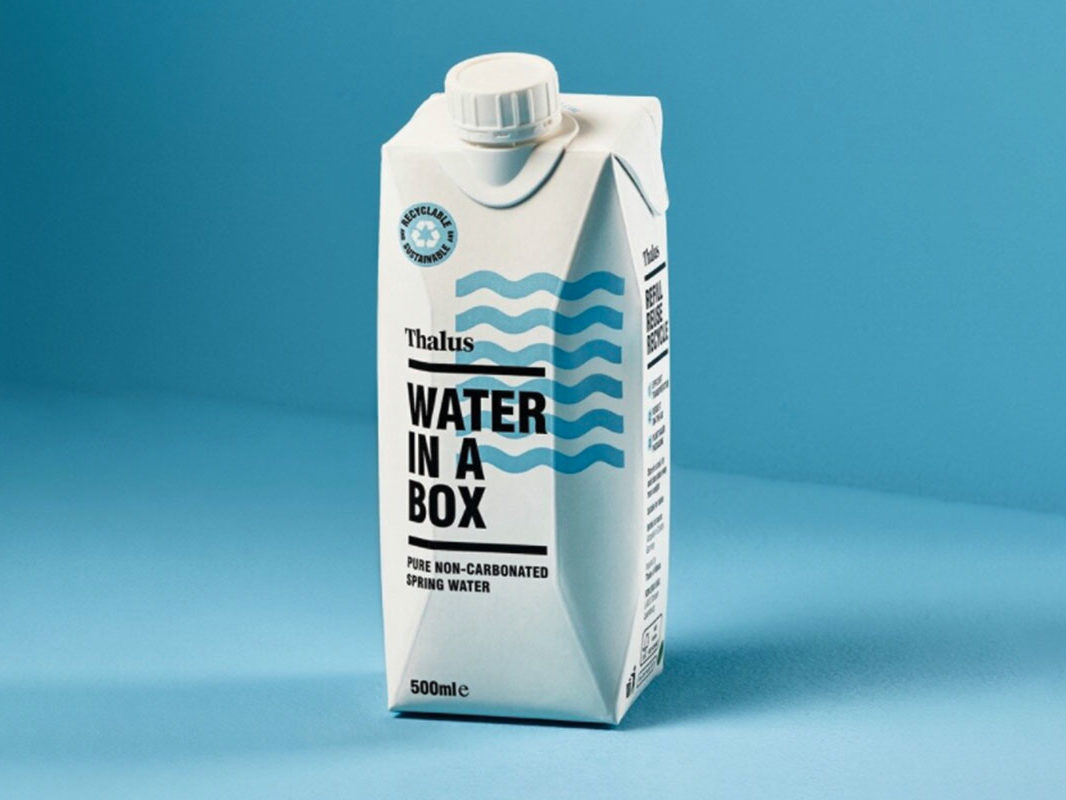Impact Interviews co-labor: Where Social Inclusion Meets Sustainable Development
Discover how co-labor, a key player in the social and solidarity economy, combines professional reintegration and environmental commitment through its horticulture and organic food activities.
Can you give us an overview of the history and mission of co-labor since its creation?
In 1983, the founders of co-labor began creating jobs for people distant from the labor market in sectors facing shortages, namely garden maintenance and forestry work. A year later, the Ministry of Employment and Labor granted subsidies for the first time to support the hiring of unemployed individuals. co-labor quickly achieved success: by the end of the second year, 12 jobs had been created for young people in difficulty.
Starting in 1985, co-labor officially established itself in Luxembourg, after its beginnings in Diekirch and Ettelbruck. That same year, the Ministry of Family, Solidarity, Living Together, and Reception subsidized the project for the first time. In 1986, the cooperative was created and provided 25 stable jobs through the opening of a garden and environmental development sector as well as a nursery.
Over the following decades, co-labor diversified its activities by opening a garden center, producing organic and local fruits and vegetables, and creating the Grénge Kuerf, baskets of fruits and vegetables from its own production. In 2010, co-labor moved to Bertrange to a new site specifically designed for its activities.
The Grevels barrière site in Bertrange officially launched retail outlets in 2017, along with a professional kitchen. Since 2024, co-labor2 asbl has also opened a therapeutic workshop in Remerschen in partnership with the Ministry of Health and Social Security.
How does co-labor manage to combine professional reintegration and sustainable development through its activities in horticulture and organic food production?
As a key player in the social and solidarity economy, co-labor’s core values are based on the principles of sustainable economy, social commitment, and ecological responsibility. Employees in professional integration and reintegration programs are fully integrated into all our sectors.
We take action at our level to preserve and rebuild the environment that allows us to live and work:
- In the horticulture sector, we focus on services and products that promote biodiversity.
• In the food sector, we support short supply chains as a producer and distributor of organic fruits and vegetables.
To improve our environmental impact, we are strongly committed to reducing our consumption of non-renewable energy, particularly by installing photovoltaic panels, reducing our potable water consumption, and minimizing waste while properly sorting the unavoidable waste to ensure optimal recycling. Our ecological commitment is also reinforced through our adherence to multiple environmental certification systems.
What are the main challenges you have encountered in integrating eco-friendly practices into your daily operations, and how have you overcome them?
Integrating eco-friendly practices into our daily operations at co-labor remains a challenge on multiple levels, but each difficulty has been an opportunity to learn and progress.
We have chosen to invest in training not only for our employees but also for individuals in integration and reintegration programs, with modules such as waste sorting and environmental protection, emphasizing the importance of ecological practices in our missions and beyond.
Most people going through professional integration or reintegration are not initially aware of environmental issues. Additionally, due to the regular turnover of this workforce, training on this topic has become an ongoing process. This requires a continuous effort on our part to pass on best ecological practices and actively involve them in sustainable actions.
Can you tell us about the importance of being a cooperative in your sector and how it influences your approach to sustainability and social responsibility?
Being a worker integration cooperative means that we are not primarily focused on profit but on creating social value by promoting inclusion and professional reintegration. Anyone can become a member of the cooperative and get involved.
This model highlights our approach to social responsibility and also enables us to act with a long-term vision, integrating sustainable principles at all levels. For example, shared governance and member engagement allow us to make more inclusive and environmentally respectful decisions, taking into account the ecological impact of our activities.
How does co-labor help Luxembourgish companies improve their environmental and social impact as their supplier?
There are several aspects to consider:
By working with co-labor, our clients become agents of change by actively supporting the social and solidarity economy. We train and support individuals facing unemployment or more complex situations, helping them develop practical and transferable skills while providing them with a structured support system. This enables our clients to receive high-quality services and products while directly contributing to the creation of career pathways.
By choosing co-labor, clients also support the local and sustainable economy. At co-labor Grénge Kuerf, for example, we offer a selection of seven different seasonal organic fruit and vegetable baskets sourced from sustainable agricultural practices, mostly cultivated on our production sites. By purchasing our products, companies reduce their carbon footprint while supporting local and organic agriculture. These products, often from our own production, are also processed by our co-labor BISTRO sector, which offers catering services for corporate events.
Any potential profits from co-labor are entirely reinvested into impactful projects, whether they are new environmental initiatives or actions aimed at improving employee well-being. This reinvestment model allows us to build an organization that benefits not only our employees but also the entire country.
How does co-labor work with local communities to raise awareness and promote more sustainable and responsible practices?
co-labor actively engages with local municipalities to develop sustainable projects with a strong ecological impact. For such projects, our co-labor NATUR sector is primarily involved. These initiatives help improve the living environment of communities while contributing to the preservation of local biodiversity. For example, we have created an educational garden in Strassen and developed a wildflower meadow in Dudelange.
Additionally, we organize educational activities and awareness workshops through our co-labor GAÏA sector. These initiatives, integrated into our projects, aim to educate communities, particularly children, on sustainable practices, biodiversity conservation, and the importance of protecting our natural environment.
We also collaborate with national public actors to preserve protected biotopes, including in the Minette Basin, which holds significant ecological and touristic value. These partnerships help protect local wildlife and flora while raising awareness among visitors about the importance of these unique habitats.
How do you envision the future of co-labor in terms of growth and the development of new sustainable and socially responsible initiatives?
co-labor’s mission has been deeply rooted in environmental respect since the cooperative’s foundation. This commitment will continue to guide our efforts in developing new initiatives that are both sustainable and socially responsible.
The increasing alarms about biodiversity loss and the degradation of essential, intact biotopes highlight the urgent need for action to preserve our natural heritage. This challenge, now a priority on political agendas, calls for concrete solutions, and we believe that the demand for such projects will grow, strengthening our role in creating sustainable spaces.
With these goals in mind, co-labor aims to become a key player in building a greener and more inclusive future. We will promote the circular economy, invest in training programs tailored to current ecological needs, and support professional reintegration through meaningful employment opportunities.
Interview of Max Holz, General Manager at co-labor.

